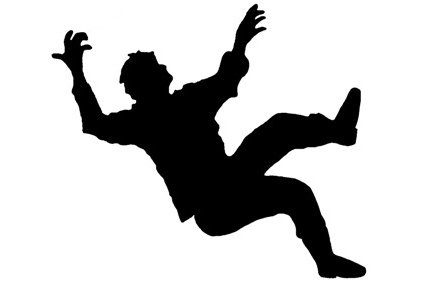Falling into addiction
Drug addiction is not something that just happens to you
by Theodore Dalrymple
Like a cup of coffee, the Guardian newspaper acts on me in the morning like a tonic, increasing my alertness after sleep. For example, I read the following this morning, shortly after I regained consciousness:
Matt Rowland Hill, 38, is the author of Original Sins, about growing up as the son of a baptist minister before falling into a decade-long addiction to heroin while studying at Oxford.
I have not read Mr Rowland Hill’s book, which I am perfectly prepared to believe is a very good one. But he did not fall into a decade-long addiction; he knowingly chose to become and remain addicted, for whatever reason he might have had. He jumped into it.
The author is not stupid or an ignoramus. It is impossible that he did not know that heroin was addictive before he first took it. One does not become addicted to it on a first dose: most heroin addicts, in fact, take it on and off for some time before they are physically addicted.
Consider what you must do to become an injecting heroin addict. You must learn how to overcome the inhibition most people have against sticking themselves with needles. You must learn to overcome or disregard the unpleasant side-effects of heroin, such as nausea. You must learn how to prepare heroin for injection and how to obtain it. All this is not something that anyone just “falls” into. Becoming a heroin addict is an active process, and it is desired — a foolish desire, but a desire nonetheless.
It has long been known that patients given heroin in hospital for long enough to make them physically addicted do not go on to become long-term addicts. Heroin addiction (in the sense that Mr Rowland Hill was addicted) is not like Parkinson’s disease or multiple sclerosis, something that just happens to people. No falling is involved.
Let us, as Pascal enjoined, strive to think well, for such is the rule of morality.
